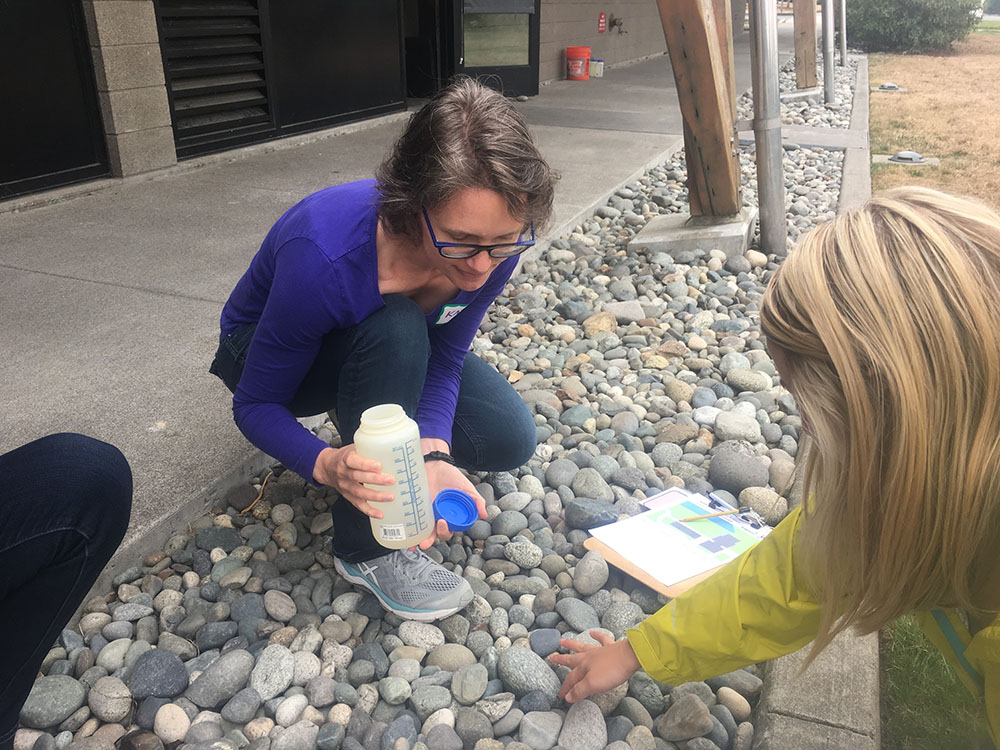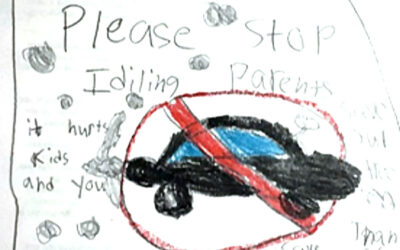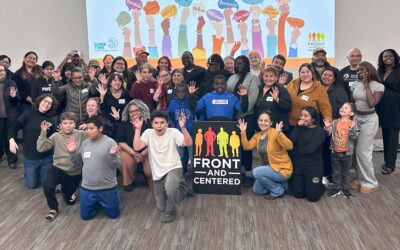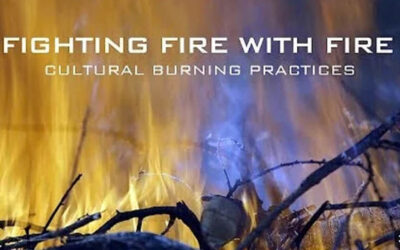IslandWood Teacher Professional Development in PSESD
August 25th Workshop
At the Brightwater Center in Woodinville, 15 teachers explored NGSS and Science and Engineering Practices in small and large groups with climate connected example phenomena and a related schoolyard investigation. They identified their own local phenomena, and collaborated with other educators on integrating a phenomenon and their community into their science curriculum towards helping students see how their local places and climate can be understood through science.
November 10th Workshop
At Maple Lawn Elementary in Sumner, 23 teachers explored NGSS and Science and Engineering Practices in small and large groups with climate connected example phenomena and a related schoolyard investigation. They identified their own local phenomena, and collaborated with other educators on integrating a phenomenon and their community into their science curriculum towards helping students see how their local places and climate can be understood through science.

This full day workshop was designed to help teachers understand how using their local places is both possible and important as a part of the science curriculums and we are happy to report that, in a follow up survey, 100% of responding teachers reported that they left the workshop with ideas on how to incorporate local phenomena into their science units, how to use the science and engineering practices to incorporate their schoolyard and how local phenomena can support greater equity in science learning.
“The idea of phenomena and local phenomena to involve my students is a new idea/strategy for me. This is useful because it helps me rethink my instruction. I also like all the hands on stuff.”
During the workshop, teachers brainstormed ideas for phenomena that could become the center of their science units and most left with the beginnings of a plan for what their “storyline” might look like. An example is the kindergarten teacher’s plan (shown) where the teacher used “indoor recess” as their phenomena for the students to build an understanding of why weather sometimes meant that recess was cancelled and how climate and adaptations resulted in other areas doing so more or less often.
“The chance to sit down and brainstorm with other teachers some of the methods we can use to implement science curricula into our classes that is framed around local phenomena. I appreciated the understanding that we already have units we have to teach, so rather than trying to create whole new units, let’s take the time to make the units we have as great as they can be.”




